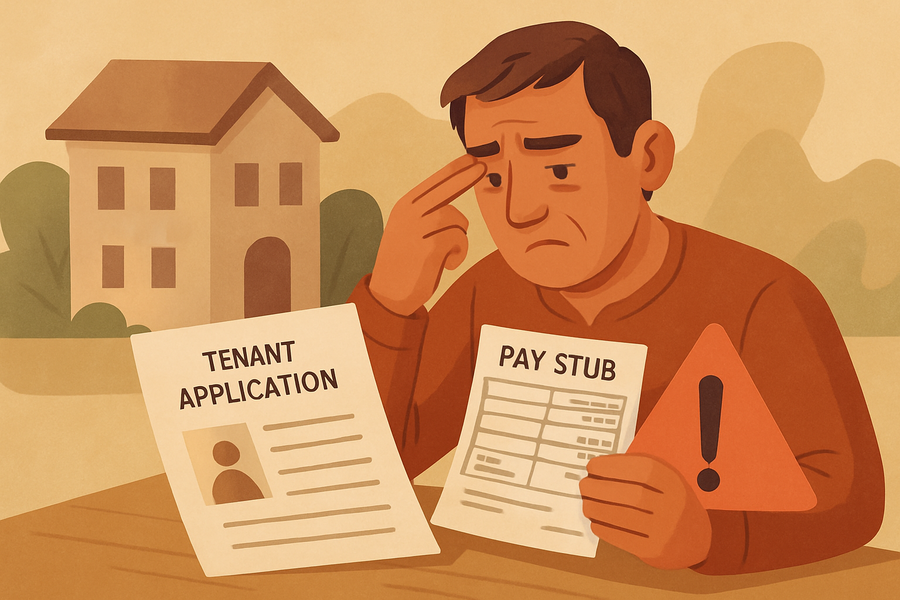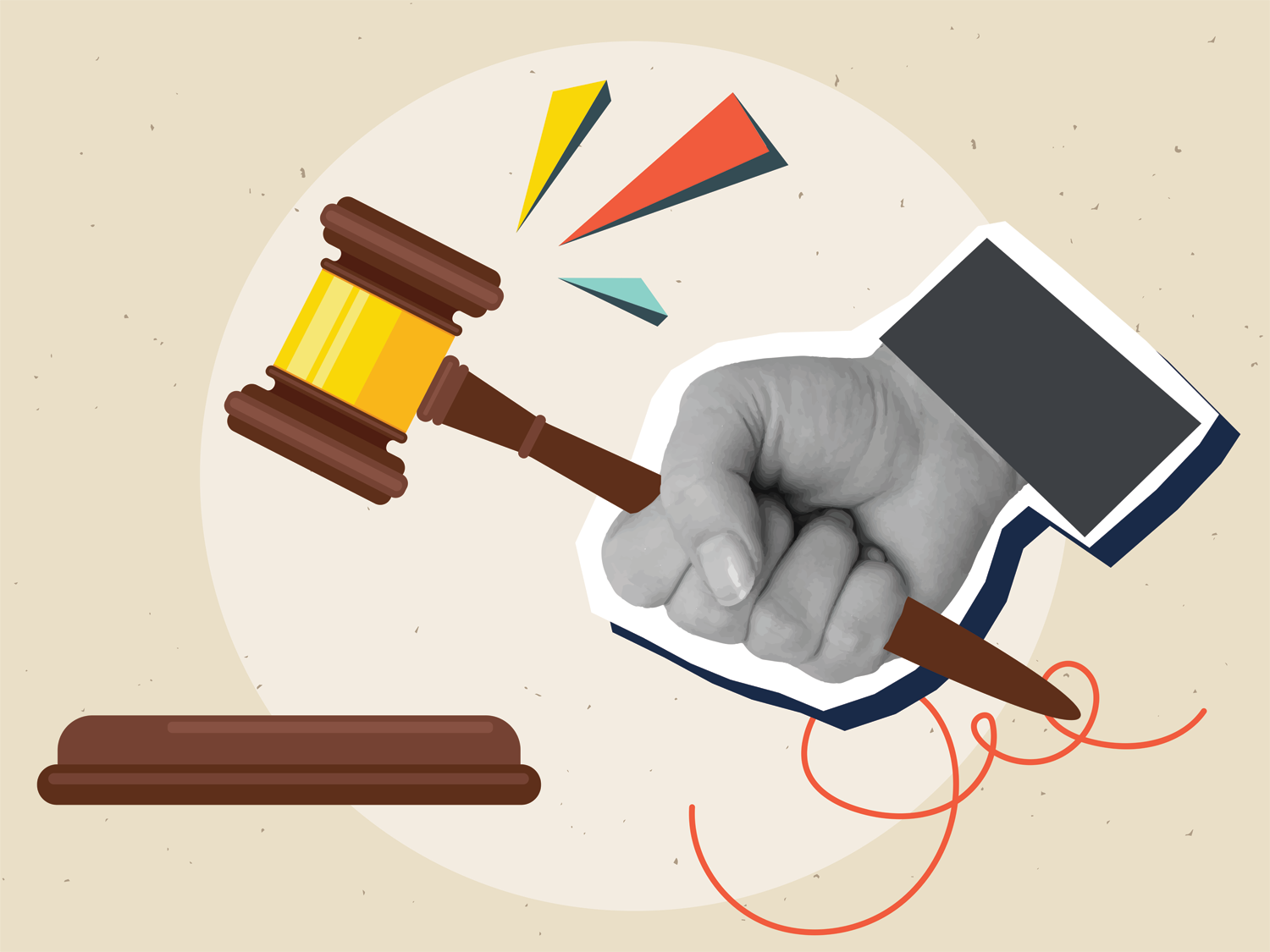Good Ethics When Managing Rental Property
Managing rental properties comes with a great deal of responsibility. For landlords, maintaining good ethics is crucial not only for legal compliance but also for fostering a positive relationship with tenants. Ethical management practices lead to happy tenants, fewer disputes, and a better reputation. In this article, we will explore the key aspects of ethical property management, providing landlords with practical tips to uphold integrity and fairness in their rental practices.
The Importance of Transparency
One of the fundamental principles of ethical property management is transparency. Clear and honest communication with tenants sets the tone for a positive relationship. When advertising your property, be upfront about all details, including rent, security deposits, and any fees. Avoid misleading descriptions or hiding potential issues with the property. During the leasing process, ensure that the lease agreement is comprehensive and easy to understand. Highlight important clauses and make sure tenants are aware of their rights and responsibilities.
Transparency should extend to all aspects of the landlord-tenant relationship. For instance, when conducting property inspections or maintenance, provide tenants with reasonable notice and explain the purpose of the visit. If repairs or renovations are necessary, communicate the timeline and any potential inconveniences. By being open and honest, you build trust with your tenants, which is essential for long-term, harmonious relationships.
Fairness in Tenant Selection
Selecting the right tenants is crucial for a smooth rental experience, but it’s important to conduct the screening process fairly. Ethical landlords follow all fair housing laws and do not discriminate based on race, color, religion, sex, national origin, familial status, or disability. Develop a consistent screening process that evaluates all applicants equally based on objective criteria such as income, credit history, and rental references.
Communicate your criteria clearly to all applicants and apply them consistently. If you need to reject an application, provide a clear and respectful explanation. By treating all applicants fairly, you not only comply with the law but also contribute to a more inclusive and respectful rental market.
Maintenance and Repairs
Maintaining the property in good condition is both a legal obligation and an ethical responsibility. Promptly addressing maintenance requests and conducting regular inspections ensures that the property remains safe and habitable. Ethical landlords prioritize the health and safety of their tenants, addressing issues like leaks, faulty wiring, or pest infestations without delay.
Investing in regular maintenance not only keeps tenants happy but also preserves the value of your property. Establish a system for tenants to report maintenance issues and respond to their requests promptly. Communicate clearly about the timeline for repairs and any necessary steps tenants should take. By being proactive and responsive, you demonstrate a commitment to your tenants’ well-being and comfort.
Respecting Privacy
Respecting tenants’ privacy is a key aspect of ethical property management. While landlords have the right to enter the property for inspections or repairs, it should always be done with proper notice and at reasonable times. Most states require landlords to give at least 24 hours’ notice before entering a rental unit, except in emergencies.
Ethical landlords communicate the reasons for entry and work with tenants to find mutually convenient times. Avoid unnecessary visits and respect the tenant’s right to quiet enjoyment of their home. By honoring their privacy, you show respect for their personal space and build a foundation of mutual respect.
Handling Finances Responsibly
Financial transparency and responsibility are crucial for ethical property management. Keep clear and accurate records of all transactions, including rent payments, security deposits, and expenses. Provide tenants with receipts and statements as needed, and ensure that security deposits are handled according to state laws.
Ethical landlords also set fair and competitive rental prices. Conduct market research to determine appropriate rent levels and avoid overcharging. If rent increases are necessary, communicate them clearly and provide ample notice. Handling finances responsibly not only builds trust with tenants but also ensures smooth financial operations.
Good ethics in property management are essential for creating a positive and respectful rental environment. By prioritizing transparency, fairness, maintenance, privacy, and financial responsibility, landlords can build strong, long-lasting relationships with their tenants. Ethical practices not only comply with legal requirements but also enhance the landlord’s reputation and contribute to a more stable and harmonious rental market. By committing to ethical management, you not only protect your investment but also create a welcoming home for your tenants.
Shared by WidgetsWay.com. Written by Patti “Widget”
Have you ever been in a sticky situation with a tenant where you didn’t know what to do? Have you often though, “I wish there was someone I can call to help get me out of this mess!” That’s where I come in! Landlords and property managers can use my 25 plus years of experience to get tips and suggestions on how to handle difficult and awkward situations with tenants. Learn more and become a member of Widget’s Way Property Management Consulting at https://www.widgetsway.com/become-a-member/
Patti teaches a wide range of classes on property management topics; she is a keynote speaker on property management and housing issues and has published numerous articles for apartment associations. Patti is a repeat guest speaker at UCLA. She also holds various certifications in the industry related to her field, such as a CA licensed Real Estate Broker, CCRM, lead based paint certified renovator from the EPA, Fair Housing and more.








